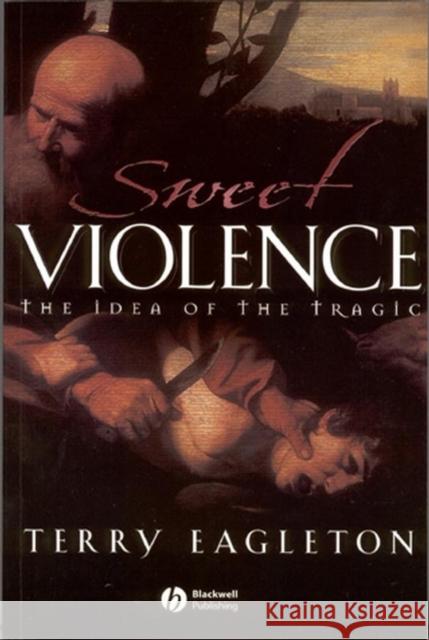Sweet Violence » książka
topmenu
Sweet Violence
ISBN-13: 9780631233602 / Angielski / Miękka / 2002 / 348 str.
Terry Eagleton's Tragedy provides a major critical and analytical account of the concept of 'tragedy' from its origins in the Ancient world right down to the twenty-first century.
- A major new intellectual endeavour from one of the world's finest, and most controversial, cultural theorists.
- Provides an analytical account of the concept of 'tragedy' from its origins in the ancient world to the present day.
- Explores the idea of the 'tragic' across all genres of writing, as well as in philosophy, politics, religion and psychology, and throughout western culture.
- Considers the psychological, religious and socio-political implications and consequences of our fascination with the tragic.











